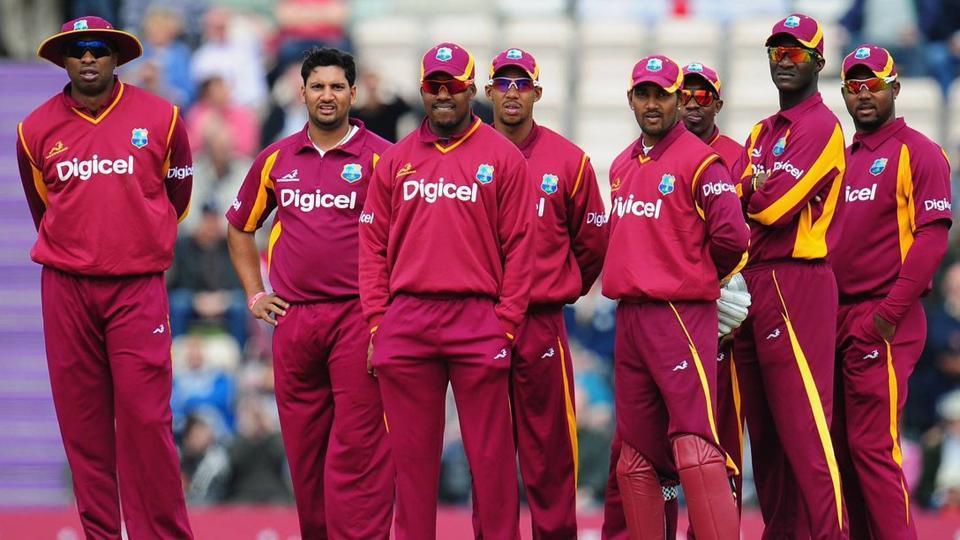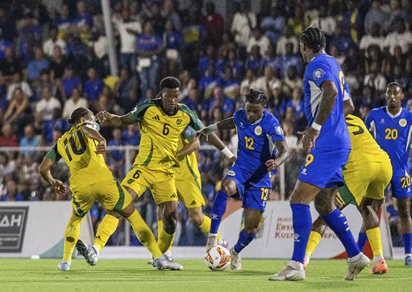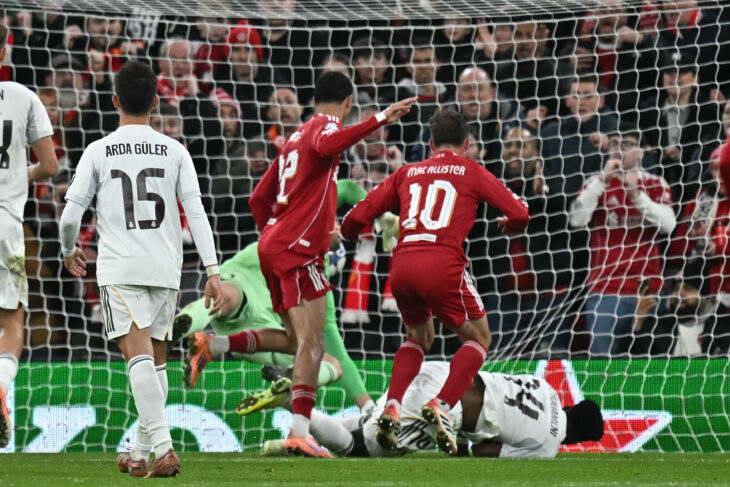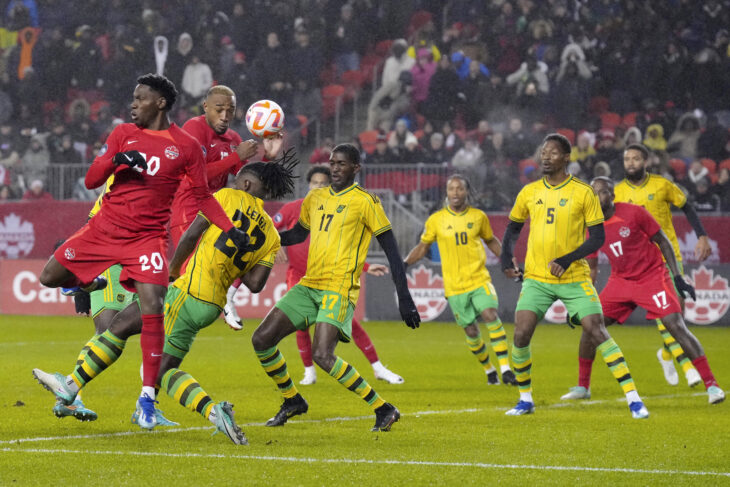
The West Indies cricket team lays claim to a near century-long history, playing their first Test match against England in 1928. Over this period, the regional team have had a ride that could not be scripted by the best movie writer. From plucky underdogs struggling to win a match, to slowly becoming a respectable nation in the sport, to then dominating the game for over a decade. It would not be too much to say that for a long stretch of the history of the regional side, they have been trend setters and trail blazers, a team who, whatever the result, brought pride to a region, then as nascent independent nations and finally as independent nations charting their own destiny.
The past 20 years have, without a doubt, been the darkest days of the sport in the region. Slowly at first, we struggled to win Test and ODI series, then came a rapid decline in results and performances. Things were made to look a bit better than they were with the birth of T20 cricket and the fact that our players took to it like ducks to water, something which, if we are honest, was the death knell for Test cricket in the region. A death knell because we no longer produce Test match quality players — there is now a focus on the really short version of the game — and because the T20 leagues that popped up all over the world had the ability to pay our players far more than any Cricket West Indies (CWI) retainer contract could.
Things will only get worse for the regional sport as it approaches and they faces issues on two fronts, interconnected but one very immediate and one a long-term issue which lends itself to the immediate issue.
The first front is the one we are all familiar with and are probably bored to death of hearing. CWI makes no money; it has no real market to speak of when compared to England, let alone India. We are not a revenue spinner, so we, like Bangladesh, get little money from the International Cricket Council (ICC) coffers. We are not as talented as New Zealand, so our games are not exciting, thus it makes little sense for the big teams to regularly tour the region and bring with them their deep pockets. Cricket in the region, if it is to survive, needs a major infusion of money from the ICC and if we are honest, a restructuring which at the moment, I believe can only take place if we are under ICC trusteeship for a period, say five years, to implement one of the myriad plans we have sitting around. It is uncomfortable to say, but if the regional team is to remain just that, then radical surgery is needed.
As a region that saw cricket as liberatory and a way to stick it to former colonial masters in their own game, I understand that the idea of going cap in hand to the former imperial master and asking for help rubs us the wrong way. Frankly, it rubs me the wrong way, too. We have bright minds who have thought of the issues facing West Indies cricket and solutions to them, and we have reams and reams of documents to prove it. Unfortunately, what we are missing is the action at both the regional and territorial levels. No one really wants to implement the needed changes because to do so would really, in the end, mean infringing on your own independence, and that is a scary thought. As seen with the West Indies Federation and CARICOM, we will, if left to our own devices, look inwardly. If we are to stop it from happening to West Indies cricket, then we need external assistance.
The region will soon have money, specifically, Guyana will become one of the richest in the area if they play their cards right. As things stand, they will not and are not obliged to recycle funds into the regional game. I don’t think they will, and if we go on with no restructuring, we will see a West Indies team slowly become the Guyana 11 simply because they will be able to fund the game from grassroots to first class.
That leads us to the second issue, the more immediate one. In three years’ time, the world will be celebrating the Olympic Games in Los Angeles. The games will feature cricket for only the second time. The first time it was played was at the 1900 games between Britain and France, which was 28 years before the West Indies gained Test status and 48 years before Jamaica competed at an Olympic Games.
In a cruel twist of fate, 2028 will also mark the centenary of the West Indies Cricket team but could also be the year that the final nail in the coffin is hammered in if we fail to correctly answer the questions facing us.
How will we compete is the immediate question: will it be under the West Indies banner or as individual nations? Some say obviously as the West Indies, but that has only been done once before, when the Federation was in its brief existence (note that), and as we all know, CARICOM is no federation. If we compete as the West Indies, it will raise the question of why we don’t compete as a regional body for other sports, something which raises its head periodically in other sports. In football, Team GB does not compete, barring London 2012, and this is because whenever the idea is raised, FIFA counters the logical argument: if you can be merged to compete in the Olympics, you can be merged to compete for the World Cup and Euros.
England is powerful enough to constantly stand its ground and has taken the route of not competing in the Olympics, but as noted, the West Indies as a brand is not strong, and we cannot bank on the ICC to come and make the argument for a merged cricket side, but separate areas in other sports.
The answer then, I hear some say, is to compete as separate entities, send up the domestic sides to compete; they already exist and compete in CWI-sanctioned competitions after all. That is the thin edge of the wedge, the taking of virginity. The axe will fall more easily at the next chop; sex is no longer a foreign concept and is easier to contemplate, and it will heighten already existing calls for the breakup of the West Indies into national teams. It is not an alien concept in cricket; East Africa sent a united cricket team, and it is now represented by individual teams, namely Kenya.
Sending individual teams up is declaring the open death of West Indies, and in a few years would see countries like Guyana, where cricket remains the sport of choice, and Trinidad, which has the money, demand that they break away from the sinking ship that is West Indies. It would make a joint team meaningless and would literally spell the end of the game as a regional sport.
The idea of a West Indies Cricket team was not an accident or by happenstance. The formation of the team was part of the long struggle of self-identity, which took the shape of regionalism, that we, despite being separated by the sea, are bound by history and destiny. The team was to represent a united English-speaking Caribbean because we were to be one federal state, that was the long game and with the demise of the Federation, it probably makes sense to close the chapter that is the West Indies.
The West Indies are at a serious crossroads; the next few years will decide if it continues as a united group or if it goes the way of the Federation and becomes a relic of history. The 27 all out was not the beginning of the decline, and more woes await us if we do not act fast. We face our most immediate test (no pun intended) with the Olympics; if we can overcome that hurdle, the bigger issue of organization and finance exists. These need to be addressed head-on; innovative thinking will be needed, along with concessions by all sides involved. It is the only way to save this institution if we think it is worth saving.



